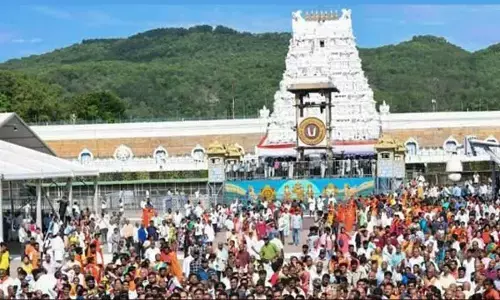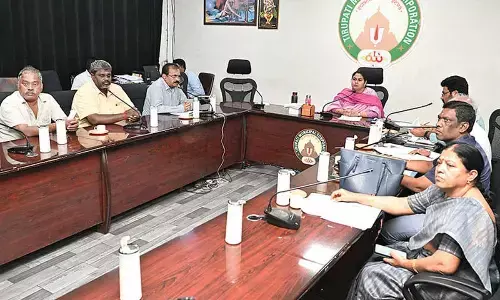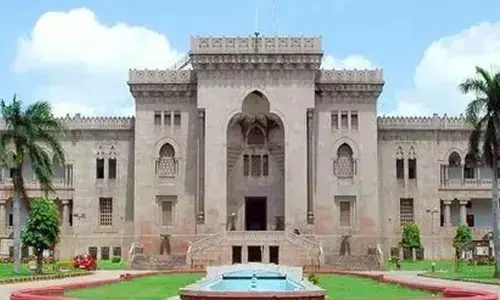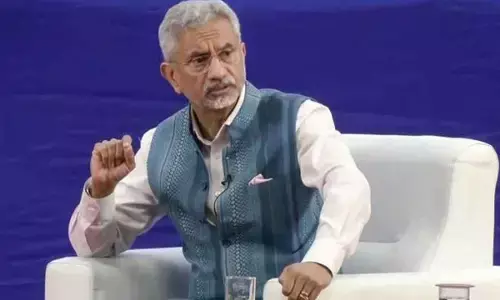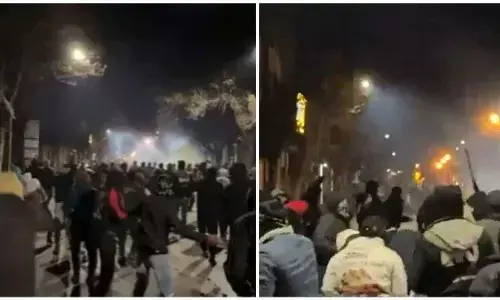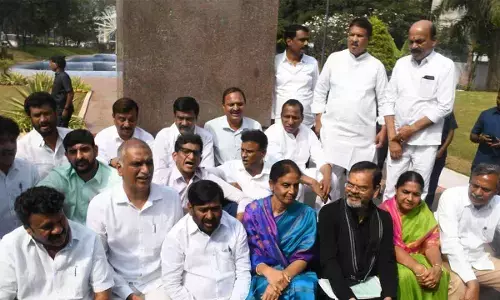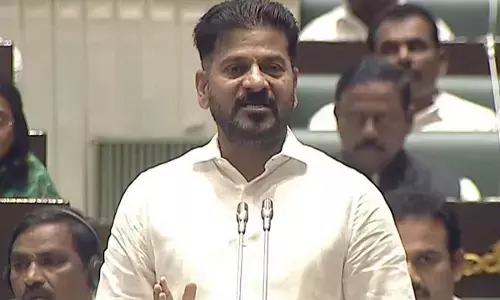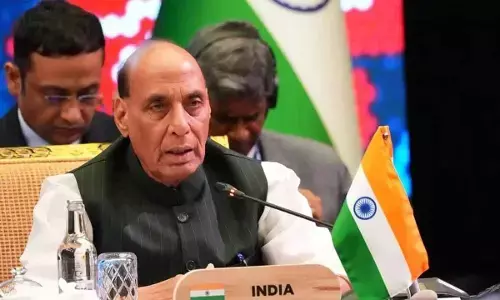ED to make AAP accused in liquorgate
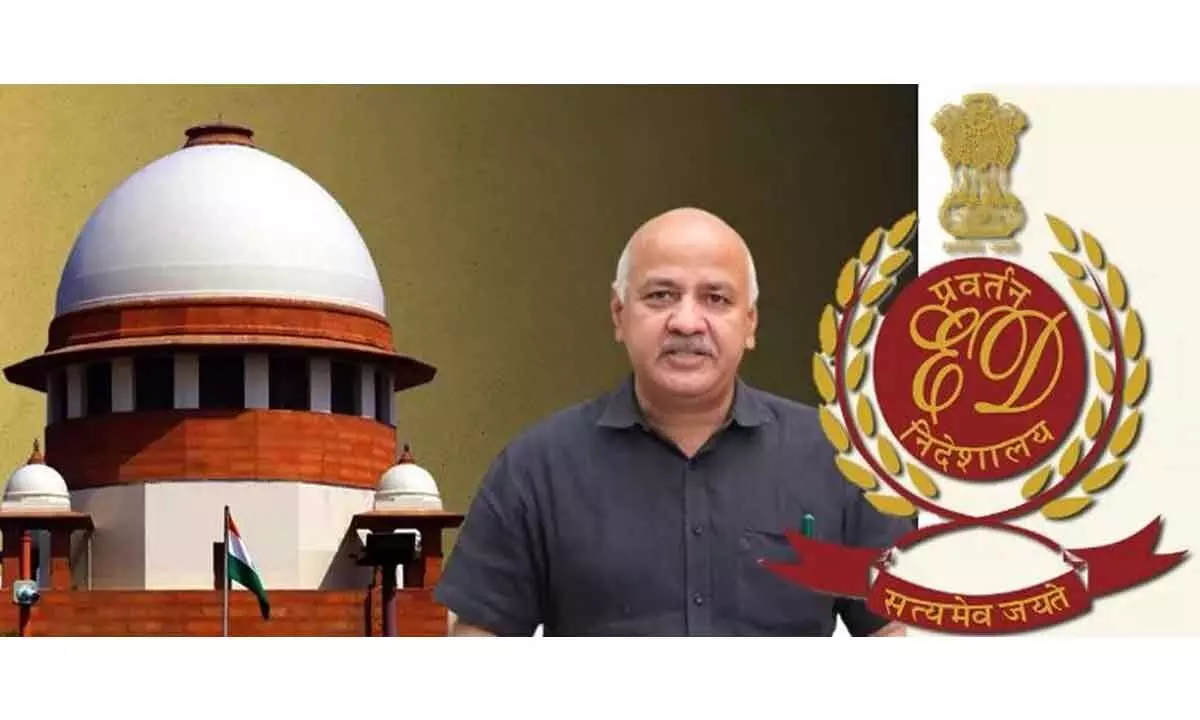
Can a political party be charged?
New Delhi: The Enforcement Directorate (ED) informed the Delhi High Court on Tuesday that the Aam Aadmi Party (AAP) will be implicated as a defendant in the alleged liquor policy scam. This announcement occurred during the central probe agency’s opposition to a plea filed by former Delhi Deputy Chief Minister and AAP leader Manish Sisodia in the money laundering case.
Special counsel Zoheb Hossain, representing the ED, informed Justice Swarana Kanta Sharma that the Aam Aadmi Party will be added as an accused in the case, with a supplementary complaint/chargesheet set to be filed. Earlier in October last year, during a hearing for the bail plea filed by Delhi Deputy Chief Minister Manish Sisodia in the Delhi Excise Policy case, ED informed the Supreme Court of their contemplation to include the AAP as an accused.
Although Sisodia’s bail plea was denied at the time by the Supreme Court, the questions remain: Can a political party be indicted in a money laundering case? what does the law say?
Under Article 324 of the Constitution and Section 29A of the Representation of the People Act (RPA), 1951, any association or group of Indian citizens can register as a political party, subject to specified guidelines.
Section 29A mandates that any association intending to avail itself of the provisions for political parties must apply to the Election Commission for registration, providing requisite details regarding its objectives, organisational structure, members, and party funds.
While there is no stipulated minimum membership requirement, prospective parties must have at least 100 members who submit individual affidavits affirming their status as registered electors and non-members of any other registered political party. Section 70 of the Prevention of Money Laundering Act (PMLA) stipulates that individuals in charge or responsible within a company at the time of a money laundering offense shall be deemed culpable and subject to prosecution.
Moreover, if a company is found in violation of anti-money laundering laws and it is established that such contravention occurred with the consent, connivance, or neglect of its directors, managers, or officers, these individuals are also liable to face charges. The provision states that, “Where a person committing a contravention of any of the provisions of this Act or of any rule, direction or order made thereunder is a company, every person who, at the time the contravention was committed, was in charge of and was responsible to the company, for the conduct of the business of the company as well as the company, shall be deemed to be guilty of the contravention and shall be liable to be proceeded against and punished accordingly.”
The provision elucidates that a company may be prosecuted independently of individual prosecutions, emphasising the distinction between a company and its members or operators.
While a political party is not a ‘company’ incorporated under the Companies Act, 2013, the provision has a crucial explanation that could bring a political party under the ambit of the anti-money laundering law. The phrase ‘association of individuals’ can include a political party. A party, according to Section 29A of the Representation of the People Act, is any association or body of individual citizens of India calling itself a political party. To date, no political party has been implicated under India’s anti-money laundering laws, although several NGOs and other organisations have been scrutinised by the ED. It remains to be seen whether the ED will go through invoking Section 70 of the PMLA against a political party and attribute money laundering offenses accordingly.








